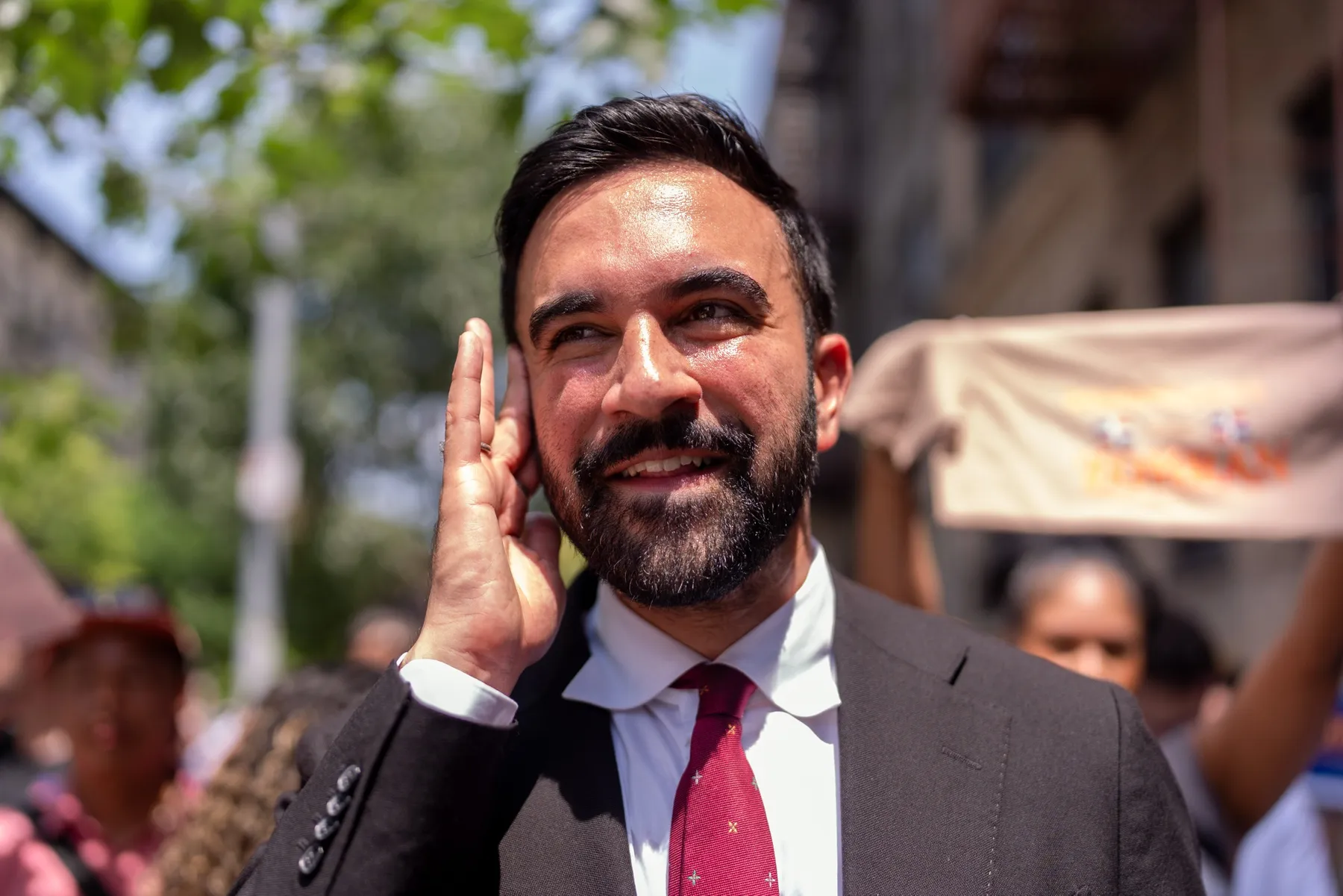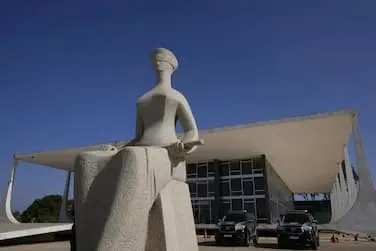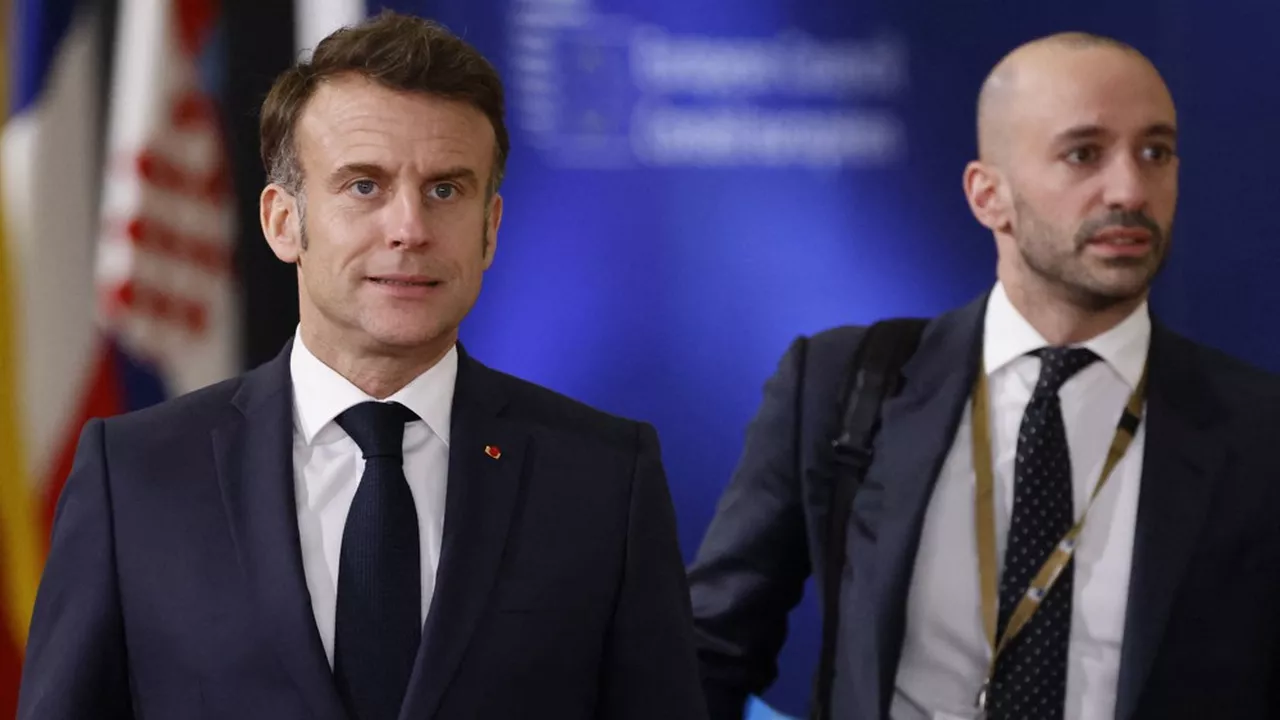NYC Billionaires See Record Wealth as Assemblymember Mamdani Renews Push for Tax Hikes
While New York City’s billionaires enjoy historic gains in wealth, Assemblymember Zohran Mamdani is leading a renewed campaign to raise taxes on the ultra-rich. The debate highlights widening inequality and the political clash over how to fund public services in the city.
New York City’s billionaire class is thriving like never before. Despite global economic uncertainty and ongoing inflation concerns, the city’s wealthiest residents have not only recovered from pandemic-era losses but have vastly increased their fortunes — fueling renewed calls from progressive lawmakers to tax the ultra-rich more aggressively. Leading the charge is Assemblymember Zohran Mamdani, a Democratic Socialist representing Queens, who is once again pushing for a comprehensive tax reform package that would target billionaires, multi-millionaires, and large corporations.
His plan seeks to redistribute wealth to address chronic underfunding of public housing, transit, healthcare, and education — a proposal that’s drawing both passionate support and fierce resistance. ### A Tale of Two Cities: The Billionaire Boom
According to the latest data from Forbes and Bloomberg Billionaires Index: - New York City is now home to over 120 billionaires, more than any other city globally. - The combined net worth of NYC’s billionaire residents exceeds $700 billion, up nearly 18% over the past 12 months.
- Tech moguls, hedge fund managers, and real estate tycoons account for the largest share of that growth. Notable names include: - Michael Bloomberg (media and financial data) - Stephen Schwarzman (Blackstone) - Leonard Lauder (Estée Lauder fortune)
The surge in wealth has been driven by strong stock market performance, the rebound in asset prices, and booming sectors like AI and real estate. Despite rising inflation and interest rates, asset-holders — especially those at the top — have benefited from the global shift back toward capital investment.
### Mamdani’s Tax Proposal: The “Invest in Our New York Act”
Assemblymember Mamdani has revived the “Invest in Our New York Act”, a sweeping legislative package that proposes: - A progressive income tax on residents earning more than $1 million annually. - A wealth tax targeting individuals with assets exceeding $1 billion. - A corporate tax floor to prevent large companies from paying near-zero taxes through loopholes.
- A financial transaction tax on high-volume trades. “This is not class warfare. It’s economic justice,” Mamdani said in a recent rally outside City Hall.
“Our city is crumbling — trains are late, schools are under-resourced, hospitals are overcrowded — and yet the richest among us are getting richer. It’s time they paid their fair share. ”
### Support From the Left
The proposal has received backing from several progressive organizations, including: - Democratic Socialists of America (NYC chapter) - Make the Road NY - Housing Justice for All - New York Communities for Change
Many of these groups argue that the current tax structure has allowed generational wealth accumulation while leaving working-class neighborhoods with decaying infrastructure and inadequate services.
They cite New York’s reliance on property taxes and sales tax — both regressive in nature — as perpetuating inequality. “New York cannot be a city for everyone if billionaires hoard resources while the Bronx, Harlem, and parts of Queens go without basic services,” said one organizer. ### Economic Pushback: “A Disaster in the Making”
Critics from the business community warn that Mamdani’s proposals would have dire consequences for New York’s economic competitiveness.
Kathryn Wylde, president of the Partnership for New York City, labeled the tax push a “disaster in the making,” arguing it would: - Drive high-net-worth individuals and corporations out of the city. - Erode the tax base and ultimately reduce revenues. - Deter investment in key industries like finance and tech.
“Policies like this send a message: success will be punished,” Wylde said. “And that message pushes capital and talent away — to Florida, Texas, or abroad. ”
Economists are divided.
Some argue that modest increases on the ultra-wealthy would have little effect on migration, while others caution that New York’s already high cost of living makes additional tax burdens risky. ### The Politics of Inequality
The issue is emerging as a defining fault line in New York’s Democratic politics. On one side: progressives like Mamdani, Tiffany Cabán, and Jabari Brisport, who view taxation as a tool for redistributive justice.
On the other: moderate Democrats and centrist allies of Governor Kathy Hochul, who fear that punitive policies could harm economic growth. Governor Hochul has so far resisted calls for a wealth tax, favoring targeted funding and public-private partnerships instead. In her most recent budget, she focused on housing and public safety but avoided new tax hikes.
Meanwhile, Mayor Eric Adams has walked a tightrope — acknowledging inequality while courting investment from tech and finance. ### Billionaires' Quiet Response
Most NYC billionaires have stayed silent on the tax issue, but some have expressed frustration privately. According to insiders, several hedge fund leaders are considering relocating operations — or at least tax residency — to Miami or Austin.
Michael Bloomberg, though often viewed as a centrist, has previously supported higher taxes on the wealthy — but only as part of broader federal reforms. “Wealth should fund public good — but not in a way that chases away the people funding it,” Bloomberg said in 2022. ### Where Would the Money Go?
Supporters of Mamdani’s proposal estimate the plan could raise $40–50 billion annually, which could be invested in: - Affordable housing: Repairing and expanding NYCHA units.
- Education: Universal pre-K and smaller class sizes. - Healthcare: Expanding Medicaid and mental health services. - Public transit: Upgrades to subway lines and station accessibility.
A recent report from the Fiscal Policy Institute indicated that even a modest 1% tax on New Yorkers with net wealth over $1 billion could generate nearly $9 billion per year — enough to fund universal childcare across the city. ### National Implications
New York’s battle over taxing the rich comes amid national debates on wealth inequality. Figures like Senators Elizabeth Warren and Bernie Sanders have proposed similar wealth taxes federally, and the Biden administration has floated a billionaire minimum tax — though it faces steep political odds in Congress.
If New York moves forward, it could set a precedent for other blue states to adopt similar policies. ### Conclusion: A City at a Crossroads
New York City is once again a symbol of the national wealth divide. In the same neighborhoods where billionaires invest in sky-high penthouses, thousands sleep in shelters.
As Mamdani’s tax plan gains momentum, the city’s political and economic elite face a moral and fiscal reckoning. Will New York double down on being a haven for wealth and capital? Or will it lead the way in rewriting the rules of who pays — and who benefits — in America’s biggest city?
One thing is certain: the fight over taxing the rich is just beginning, and New York may be the first battleground.




